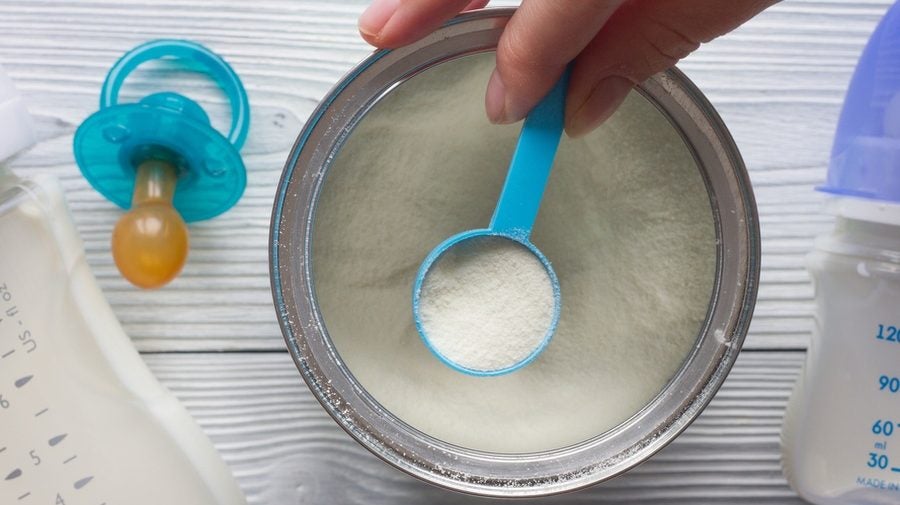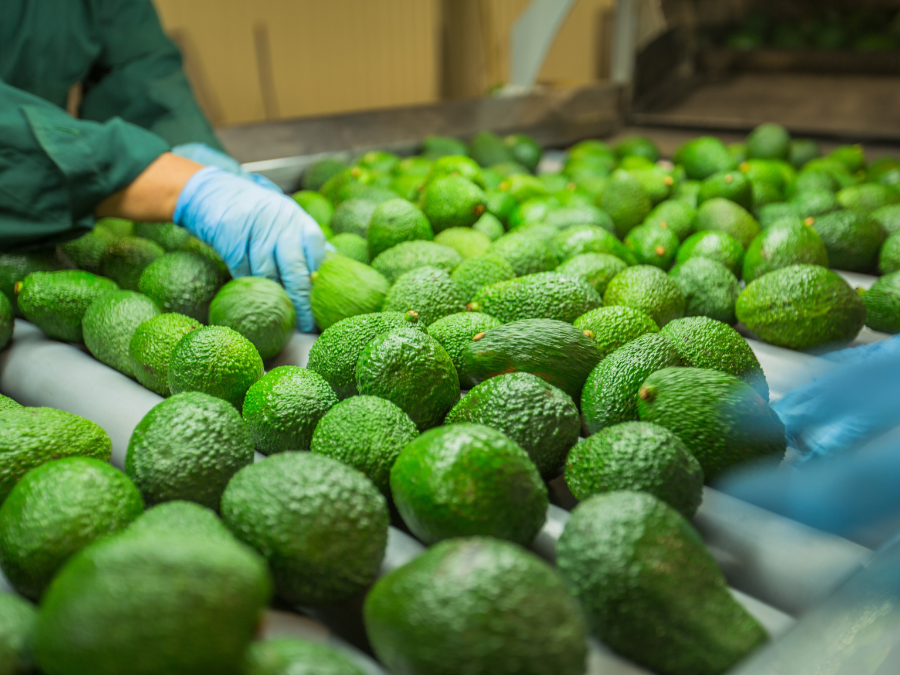Hochdorf today (12 September) set out its plan to close the factory in its namesake Swiss town as part of the group’s efforts to focus on infant formula.
The company plans to close the plant in the town of Hochdorf by the end of 2026.
The publicly-listed group said only the factory’s kit necessary for infant formula will be rebuilt at its second site in Sulgen in north-east Switzerland.
“The relocation of all powder drying capacities to Sulgen would require high investments, which are not economically justifiable on the capital market due to the relatively low profitability of the export powder market,” the company said. “Hochdorf remains open to parties interested in capital investment in this regard.”
Forty permanent jobs are set to be cut. The development, sales, marketing and administration teams – around 90 employees – will remain at the Hochdorf site.
“By focussing on the Sulgen production site, Hochdorf is continuing its consistent and strategic transformation into an internationally competitive competence centre for Swiss infant formula, high-margin milk powder specialities and whey refinement.
The relocation of infant formula production was first revealed in 2021 as it aimed to cut debt.
Hochdorf had sold off assets over recent years to focus on infant formula and dairy ingredients.
The move to Sulgen has finally been given the green light off the back of Hochdorf’s “positive half-year results”.
The group reported net sales of SFr154.2m ($173m), up 5.8% year-on-year. EBITDA stood at SFr6.7m for the six-month period while the net result marked a loss of SFr900,000.
“There will always be a need for us to dry milk and other protein sources as base for infant formula made in Switzerland,” a Hochdorf spokesperson told Just Food. “We will focus on the baby food business but the production of specialty powders for adult nutrition and the production of semi-finished products for the food industry are a complementary business that we will likely keep, as long as it’s financially sustainable and reasonable. What we are about to reduce drastically is our share of the milk market regulation in Switzerland – the low-margin commodity products.”















